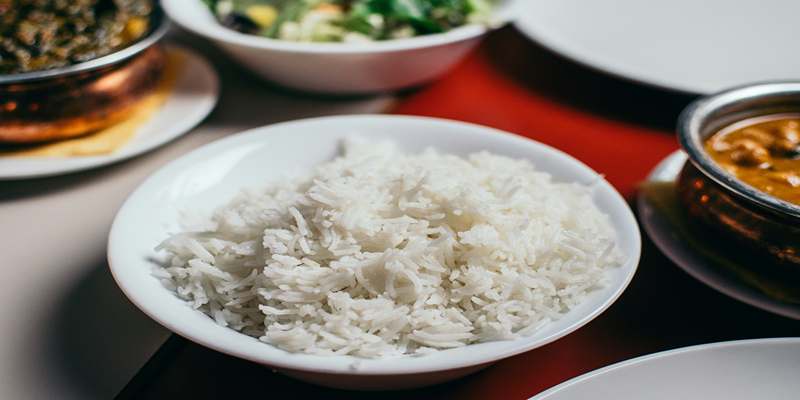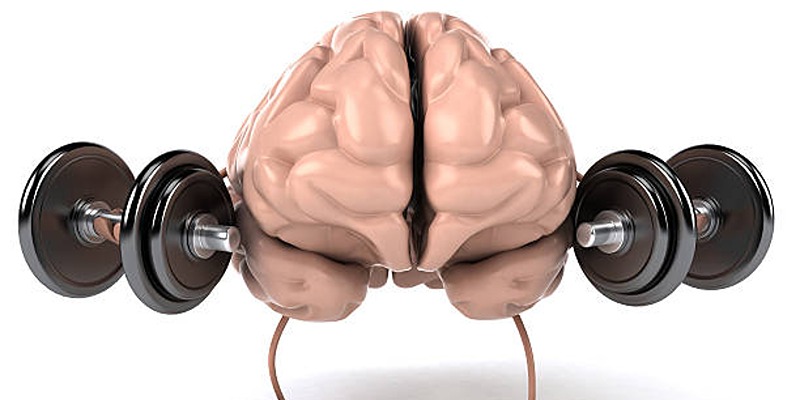Basmati rice is a long grain and is mainly produced in the region that is todays India and surrounding countries. It is distinctive in its taste, aroma, and richness, besides the light and fluffy character when cooked. This has been traditional in many cultures, especially in the South Asian region, where it has been widely used in combination with a number of foods, including curries and biryanis, to mention but a few. Apart from being a delicacy, basmati rice comes with a lot of nutritional benefits that will make it ideal in ones diet. The article will discuss what basmati rice is, its nutritional content, the health benefits of basmati rice, and how to use it in everyday eating.

Nutritional Profile of Basmati Rice
Macronutrient Breakdown
The major constituent of basmati rice which makes it an important energy giver is carbohydrates. The carbohydrate content of basmati rice is 25 grams per 100-gram serving of cooked basmati rice and these source of energy are readily available. However, basmati rice has a low GI, which falls between 50 and 58 compared to other types of rice. This means that it gradually lets in glucose into the bloodstream and therefore keeps blood sugar levels steady.
In fact, basmati rice contains slightly less fiber than whole grains, but theres still a decent 1g of dietary fiber in each serving. This fiber content may not be very high but it does add value in that it may help in regulation of bowel movement and may prevent constipation. Basmati rice is low in protein; each serving contains about 2.5 grams but can be eaten with other protein containing foods.
Vitamins and Minerals
Apart from being a source of carbohydrates, basmati rice also contains a number of vitamin and mineral nutrients. It is rich in B complex vitamins and especially niacin (vitamin B3) that is important in metabolism and the nervous system. Also, it is a source of a negligible amount of vitamin B6, vitamin B1 that is thiamine and folate which are vitamins that play a crucial role in the body.
Health Benefits of Basmati Rice
Low Glycemic Index
The second benefit of basmati rice for health is that it has a low glycemic index than other types of rice. Low GI foods take longer to be digested and only a small amount of glucose enters the bloodstream thus a slow rise in blood glucose levels. This characteristic is especially helpful for people with diabetes or anyone trying to regulate their glycemic index. Choosing basmati rice instead of other rice with higher-GI can help people get energy from the meals without increasing insulin or blood glucose levels.
Digestive Health Support
Despite the low quantity of the dietary fiber, basmati rice is also beneficial to digestion. Fiber is useful in the development of bulk in the large intestine and thus ensures that the body has smooth passage of stools without constipation. Proper digestion is critical because digestion is the process through which the body extracts nutrients from the foods we consume and is also fundamental to the immune system.
Moreover, basmati rice is low in fat, therefore it is categorized as a non-complicated food that doesnt cause complications to digestion among the sick or those with digestive complications. Including basmati rice in ones diet ensures that he or she has a healthy digestion system and good digestion health in general.
Heart Health Advantages
Basmati rice is also good for heart health. Basmati rice is low in Glycemic index and antioxidant that may be used to lower cholesterol levels, and decrease the chances of heart diseases. The nutrients such as magnesium and B vitamins are beneficial for the heart and help in controlling high blood pressure.
Also, consumption of whole grain basmati rice in replacement of refined grains is beneficial for the total health of the heart. Research has also indicated that whole grains can lower cardiovascular diseases and when basmati rice is taken with fruits, vegetables and healthy fats, it will also be healthy to the heart.

Incorporating Basmati Rice into Your Diet
Before cooking basmati rice, you have to wash the rice under cold water to get rid of the extra starch that makes the rice sticky. After washing, let the rice soak in water for about half an hour before steaming; this makes rice fluffy. It is best served warm, so allow it to stand for several minutes, then fluff with a fork. It is often eaten alongside other dishes or as a part of the dish, like stir-fry, curry, or grain bowl. It has a nutty taste that well complements a range of spices and other foods, making it a versatile product.
Comparing Basmati Rice with Other Types of Rice
Basmati vs. Jasmine Rice
Jasmine rice and basmati rice are types of rice that have fragrance but they are different in terms of taste and texture. Basmati rice has long grain and has a nutty taste, jasmine rice is slightly starchy and has a fragrant smell. From the nutritional point of view, both the types of rice have nearly equal calorie content and practically equal carbohydrate content, though basmati rice has somewhat lower glycemic index. In most occasions, the decision between the two is purely an individual one depends on the particular type of food that is to be cooked.
Basmati vs. Brown Rice
Brown rice is a whole grain, and therefore it has its bran and germ which make it richer in fiber than white rice. Even basmati rice is produced in its brown form, it is still richer in fiber than its counterpart, and therefore good for digestion. Still, basmati rice has a different taste and smell that may affect dishes in a different way than brown rice. Different types of rice can also be used in order to add different flavors and nutrients in the diet.
Conclusion
Basmati rice is a delicious and nutritious staple that offers numerous health benefits, from supporting heart health to promoting digestive wellness. Its unique flavor and versatility make it an excellent choice for a wide variety of dishes. With its low glycemic index and antioxidant properties, basmati rice can be a beneficial addition to a balanced diet. By incorporating basmati rice into your meals, you can enjoy its nutritional advantages while savoring its rich taste. Embrace basmati rice as a part of your healthy lifestyle and discover the many ways it can enhance your overall well-being.









